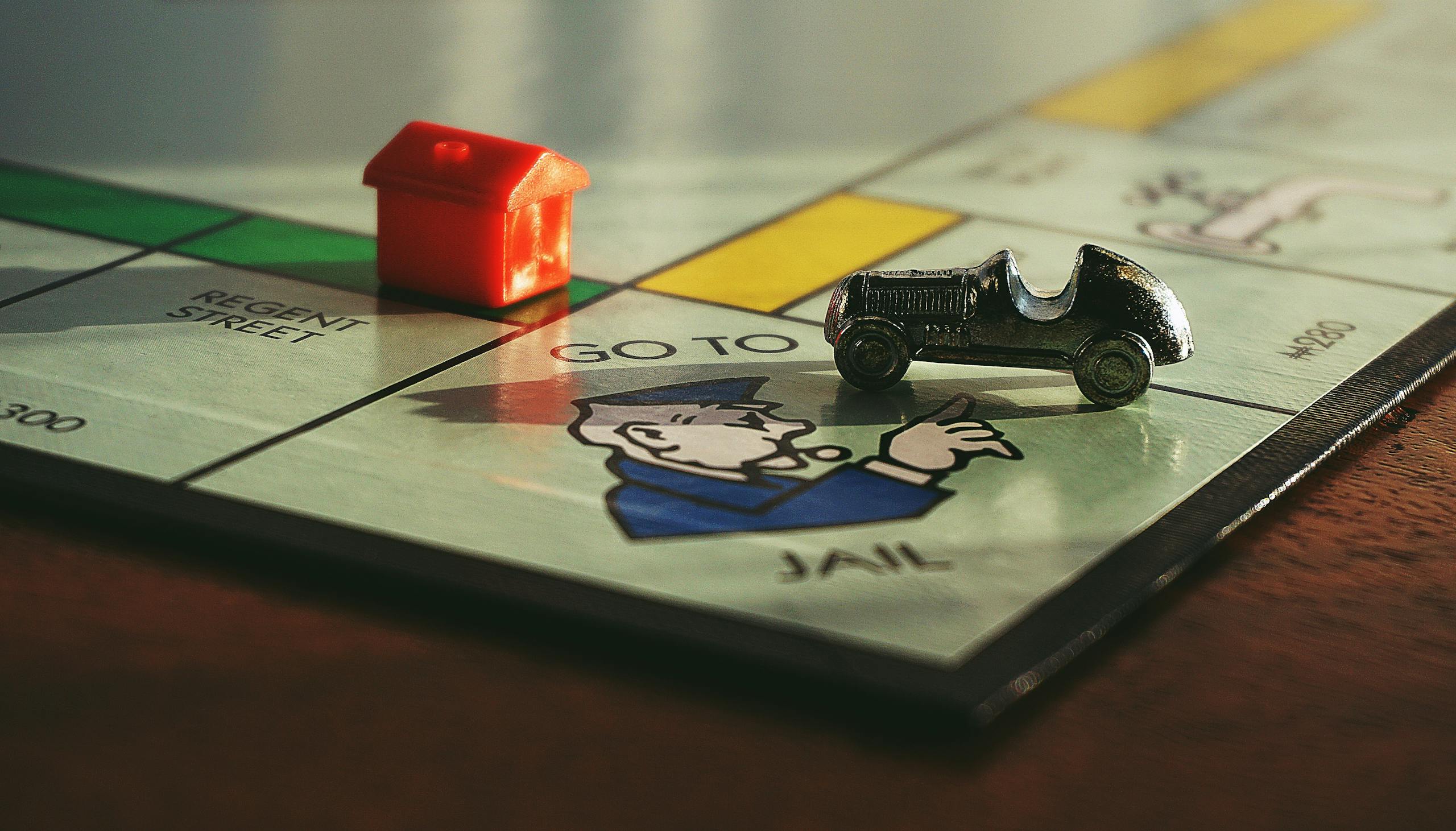How UK Protest Laws Have Changed – not a drill
Pre 2024 ish, if we were annoyed, incensed, apoplectic, or simply tagging along with mates at a protest or fellow students at a sit-in or a march, we could safely assume that we would end up with nothing more than a sore throat or a hangover the next day. Grandparents lived through or fought in wars to ensure we could talk back to power. The UK’s new protest laws might come as a shock. But it’s not a coincidence that this is happening right now, as we grapple with the great big issues of inequality, wealth distribution, environmental challenges, and a host of other problems that need input from all of us. Ignorance is not bliss. Here’s a breakdown.
Key Legislative Changes
1. Public Order Act 2023: The Silencing Toolkit
Before:
- Peaceful protest was protected under the Human Rights Act (Article 10 and 11)
- Police could only impose limited conditions (e.g. route of marches, start/end times)
- One-person protests weren’t subject to police control
Now:
- Police can impose restrictions even on a solo protester (yes, one person with a placard)
- Arrests can be made before a protest starts if disruption is anticipated
- “Serious disruption” is vaguely defined, giving police wide leeway
2. Redefining “Serious Disruption”
New legal language includes:
- Causing “serious annoyance” or being “too noisy” can trigger action
- Disrupting daily activities (e.g. blocking roads or access to public infrastructure) becomes criminal
- Even indirect actions (like helping to organise) can now be targeted
3. Expanded Police Powers
The toolbox now includes:
- Stop and search powers without any suspicion required in certain zones (triggered by protest events)
- Seizure of equipment like banners, megaphones, even bikes
- Pre-emptive arrests if police believe a protest might cause disruption
- Protest banning orders: individuals can be barred from attending or helping organise protests
- Maximum sentences: Up to 51 weeks in prison or fines of up to £2,500
Recent Case:
In April 2023, environmental activist Indigo Rumbelow was arrested pre-emptively for planning to attend a Just Stop Oil protest. She was denied bail and held on remand for six weeks.
Similarly, multiple arrests were made at peaceful vigils and climate marches for violating vague police-imposed conditions.
4. Digital and Personal Surveillance
Police now routinely use:
- Facial recognition tech at large gatherings
- Surveillance of social media activity and group chats
- Monitoring of digital communications of known activists
- Potential restrictions on online organising (yet to be fully tested in court)
What This Really Means
These laws put ordinary protestors at risk. You can now be criminalised for:
- Joining a sit-in about wealth inequality
- Protesting climate inaction with your schoolmates
- Attending a noisy but peaceful march
- Being part of a local resistance group
This legislation undermines trade union actions, student protests, community campaigns, and historic civil rights traditions.
Your Defensive Toolkit
If you’re going to protest, prep smart:
- Know your legal rights (Liberty and Green & Black Cross offer updated guides)
- Document police interactions on video (where lawful)
- Use secure apps like Signal for organising
- Have a legal support number written on your arm
- Don’t go alone; protest with a mate
- Watch for conditions imposed by police before and during protests
Historical Context: Then vs Now
In the 1980s, large-scale protests like the Greenham Common women’s peace camp or the miners’ strikes faced hostility, but not pre-emptive bans or surveillance dragnets. Even Thatcher’s government didn’t implement this level of control.
Today’s restrictions are the most draconian in modern UK history. They’re comparable to protest suppression tactics seen in Hungary or Russia. The erosion is clear, and it’s happening fast.
Solidarity Matters
- Support legal challenges to these laws (some cases are already headed to the Court of Appeal)
- Share information, especially with people new to protest
- Help fund legal defence for activists
- Build protest support networks, online and offline
These laws are meant to scare you. But remember:
“They tried to bury us. They didn’t know we were seeds.”
If you’re showing up for justice, it’s a brave move; be proud of yourself. Stay smart, stay safe, and know that other generations are with you, even if they are cheering you on from behind their phones, rather than keeping you company out on the streets. Someone’s gotta do it 🙂
For more information:

